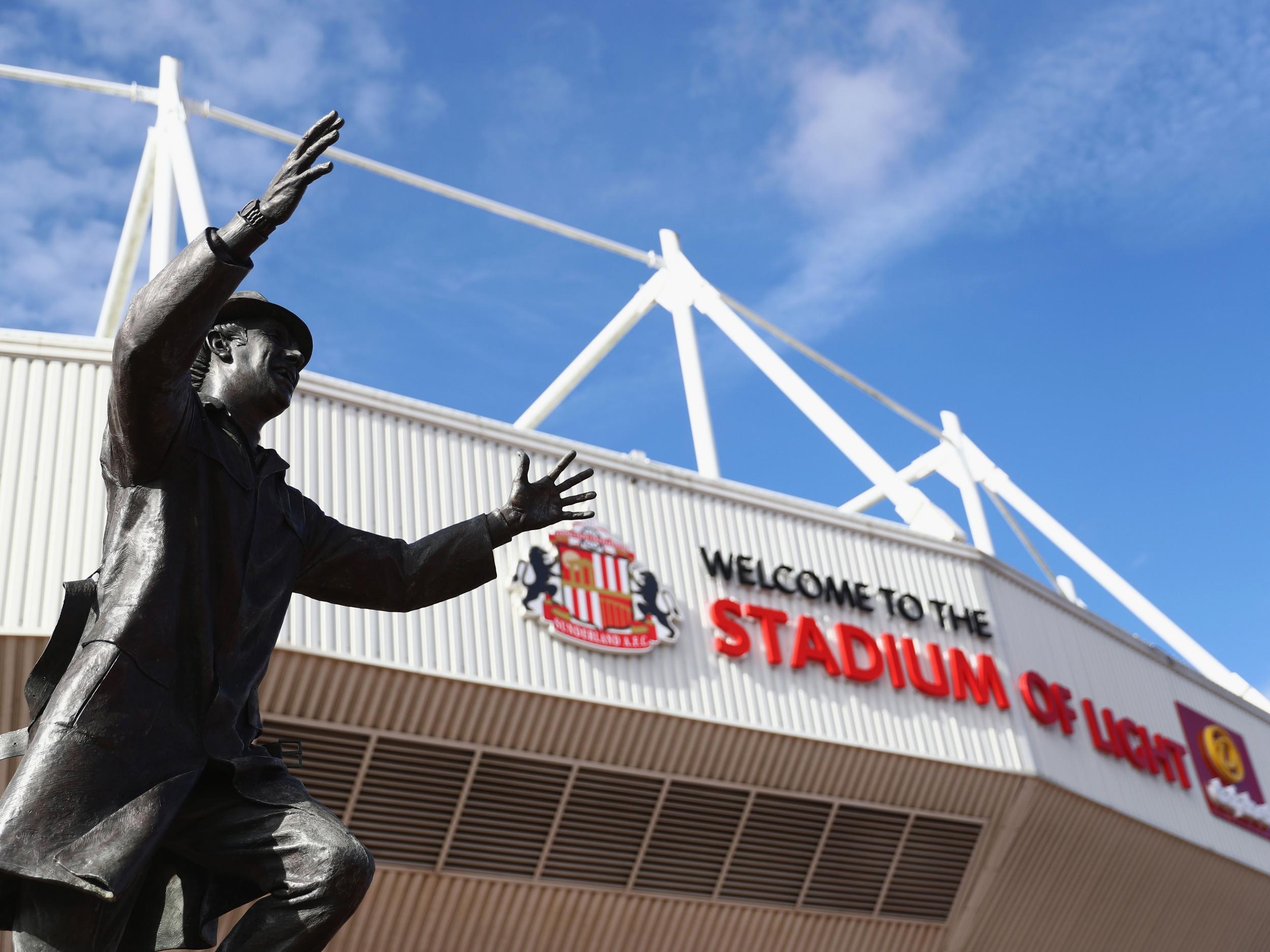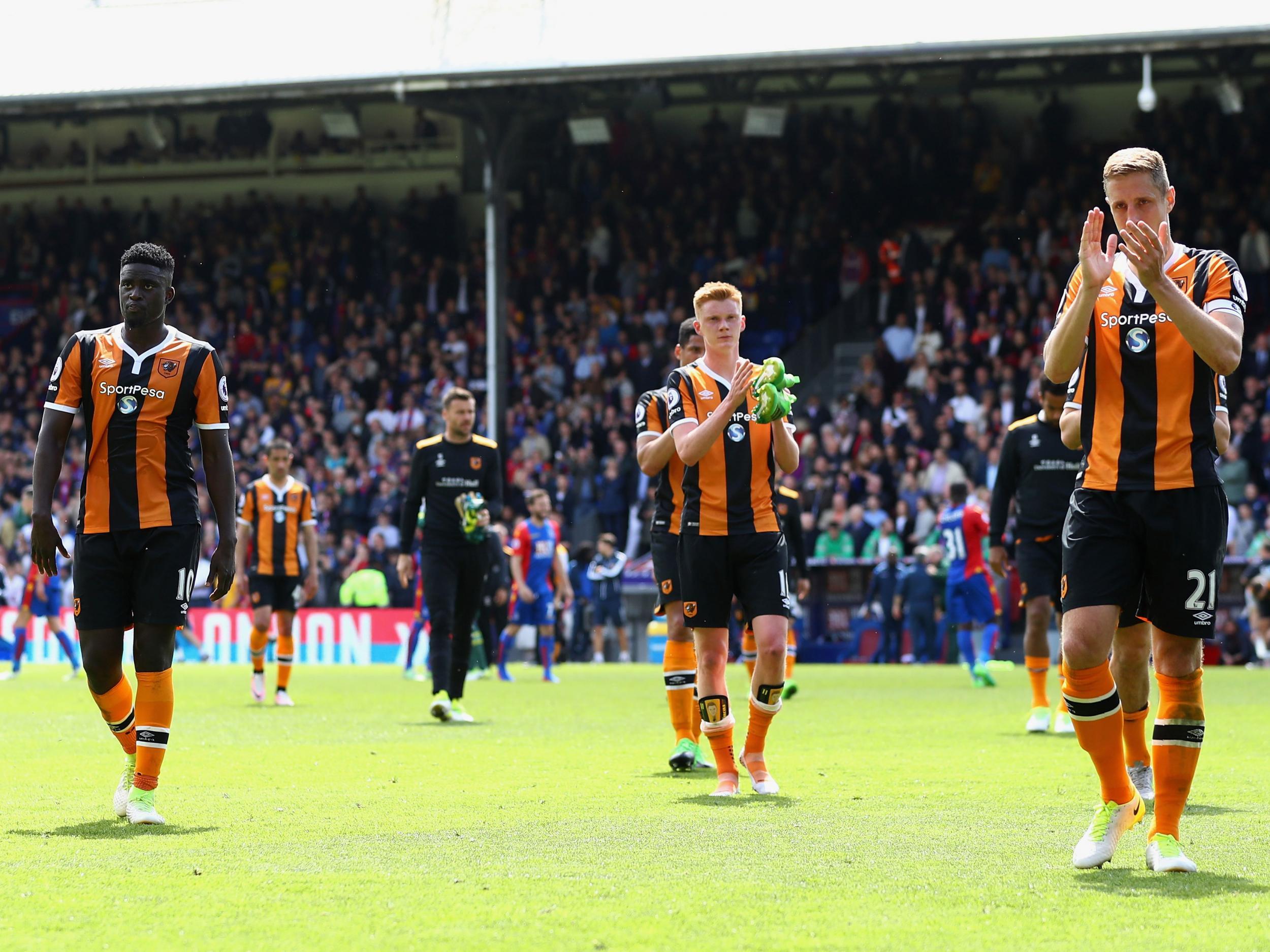How parachute payments are completely distorting life below the Premier League
Exclusive: Researchers now believe that parachute payments could be worth as much as five points on every other team in the league

They were originally designed to soften the blow of relegation from the Premier League – but new research suggests that parachute payments have merely made it considerably harder for football’s have-nots to compete.
Not only are the payments distorting the Championship – traditionally viewed as one of the most competitive in Europe – they could be about to have a dramatic impact in League One too.
Sunderland, Hull City and Middlesbrough all received at least £40m without kicking a ball this season, compensation from those on high for failing to maintain their place in the richest league on earth.
Regardless of whether they go down this season, Sunderland will get £25m next season and £20m for the following campaign – riches beyond the wildest dreams of their potential opponents in English football’s generally impoverished third tier.

Contrast the money received by Sunderland for doing nothing with the financial struggles of the likes of Bury, who reported a loss of £2.5m back in April 2017 and had faced a winding-up petition from HMRC the previous year.
As level playing fields go, it’s the equivalent of Barnet’s famously sloped Underhill.
‘Parachute Payments in English Football: Softening the Landing or Distorting the Balance,’ co-authored by Rob Wilson, Grish Ramchandani and Daniel Plumley in the Journal of Global Sport Management, graphically illustrates the impact that these handouts are having on English football.
They also serve to illustrate just how far the balance of power has shifted from the clubs to the players, managers and agents who represent them. The financial struggles of Aston Villa – who reported a loss of £7.5m for the most recent financial year – and Sunderland, whose most recent accounts showed a £33m loss, have illustrated just how tough the transition from the mega-bucks world of the Premier League can be.
But co-author, Wilson, believes that fiscal responsibility while in the top flight rather than golden handshakes as a reward for failure, is the answer.
“Clubs still aren’t tying players to significant release clauses,” he tells the Independent. “If the Premier League collectively agreed that you would tie a relegation clause into a contract that would decrease their weekly wage by, lets say, 70%, then you wouldn’t have a problem.
“The clubs need to take more of a firmer stance and wrestle some of the power away from the players and their agents so that the club is more important.
“This is all about moving power back to the clubs to incentivise success rather than reward failure. You’ve got a situation where you’ve got managers getting £3m a year and then receiving a £1m bonuns for keeping a club in the Premier League. It’s bonkers. They should be on £1m a year with a £3m bonus for keeping them up. This is the tide that needs to turn.
“If you haven’t got parachute payments then clubs haven’t got that metaphorical safety net and it means they have to be much more responsible with regard to how they negotiate player contracts.”
It would also mean players fighting for their lives - and future wage packets - as the season nears its denouement, rather than playing safe in the knowledge that they’ll still be coining it in no matter what happens to their club in May.
Speaking at a Finance in Sport conference in London last week, Pancho Shroder, financial and strategy relations director at Barcelona, delivered a key message.
“Do not blow your long-term sustainability to achieve your short-term goals,” he said.
Admittedly Shroder is speaking from a position of considerable strength but it’s a sentiment that many in positions of responsibility of Premier League and aspiring Premier League clubs would do well to heed.

Parachute payments are unique to the English game and, currently, see relegated clubs receive a percentage of their final earnings in the Premier League in which they were relegated. These drop progressively over a three year period – 55% in the first year, 45% in year two and 20% in the final year.
Roughly speaking this equates to £90m over a three year period. The study suggests that in the 2014/15 season as many as 10 clubs were receiving parachute payments outside of the Premier League, by 2016/17 this number had fallen to eight but the value of the payments had shot-up from £165,959 to £219,117.
Little wonder that the report concludes: “...Championship clubs with parachute payments are twice as likely to be promoted to the EPL compared to clubs without and considerably less likely to suffer further relegation to League One compared with other clubs in the League.”
The team’s research has led to Wilson to believe that parachute payments are worth five points on every other team in the league.
“The fact that you get this five point head-start on everyone else suggests that clubs in the EFL should be petitioning against parachute payments coming through because the competition gets more unbalanced,” he says.
“You have very little chance of being relegated again if you’re in receipt of parachute payments and an increased chance of getting promoted.
“It’s an antiquated model. Because of the broadcasting revenue that’s on offer now, clubs should be able to operate financially sustainably without parachute payments.”
Join our commenting forum
Join thought-provoking conversations, follow other Independent readers and see their replies
0Comments